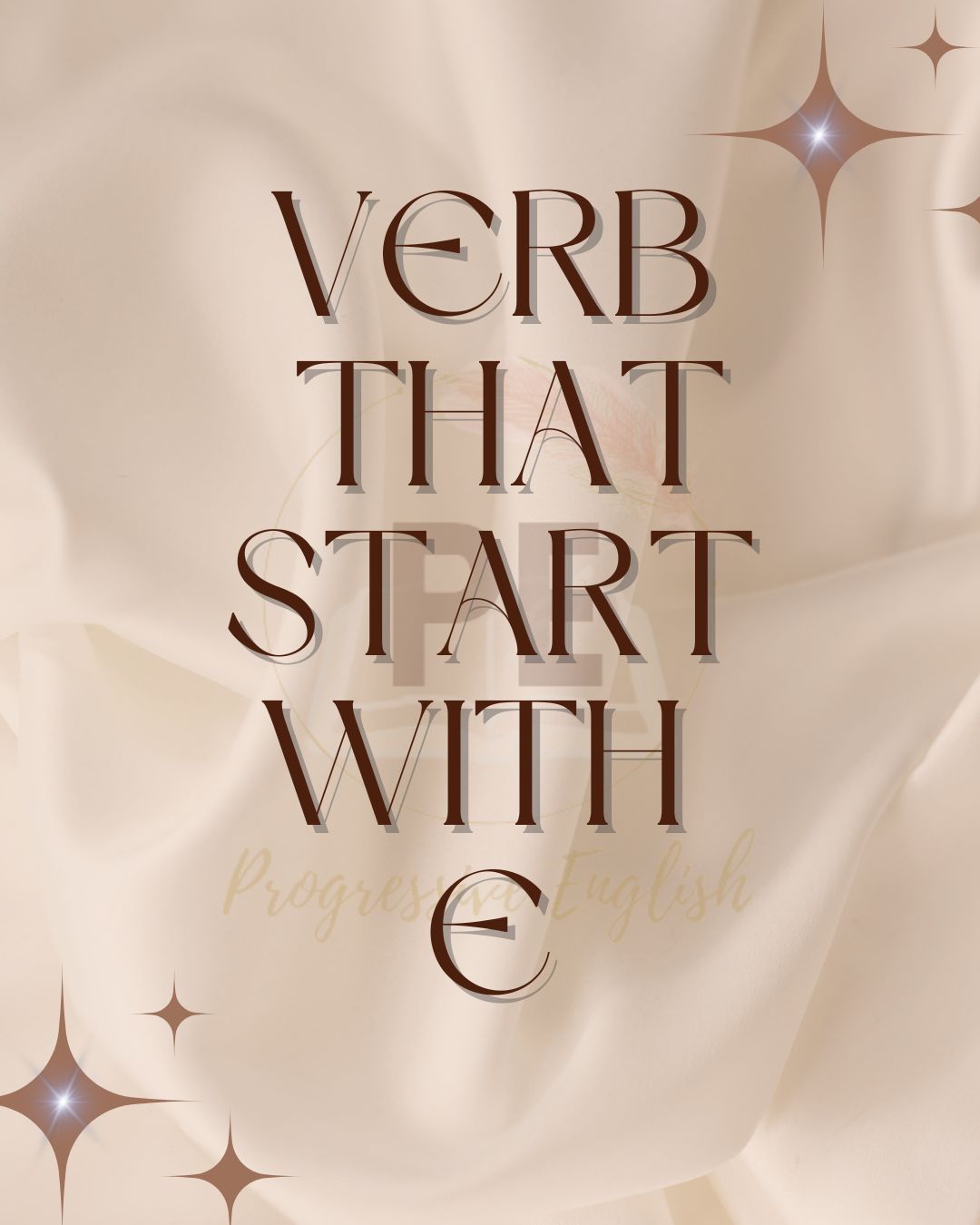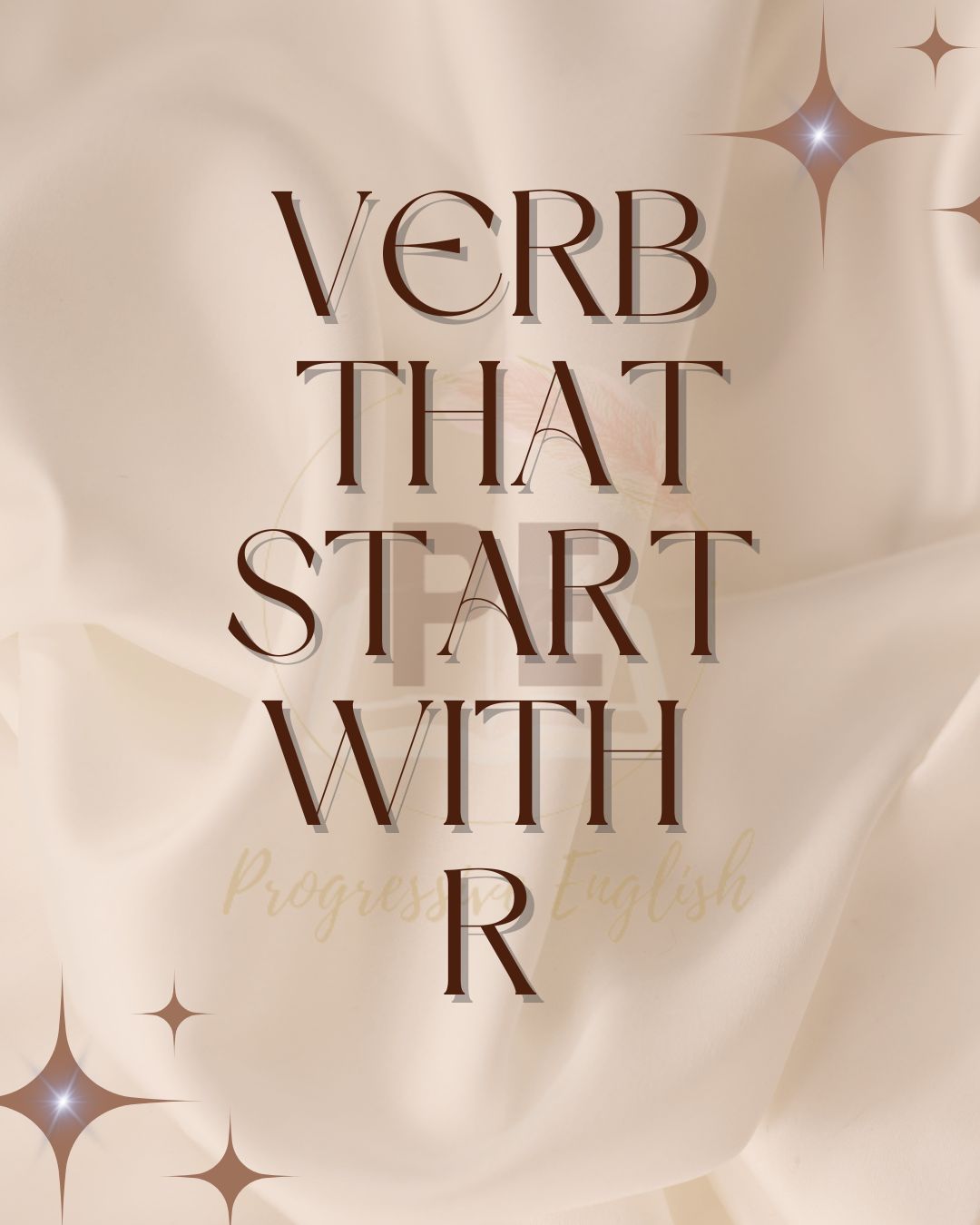 |
Sentence structure with examples
What is THE STRUCTURE OF A SENTENCE
A sentence is a group of words that makes complete sense.
Every group of words is not a sentence.
The words must be arranged properly to make sense. The difference in the arrangement of words may make a sentence meaningless, or change its meaning
1. Horse grass eats only (Meaningless -no
sentence).
2. Horse eats only grass. (only grass and nothing else).
3 Only a horse eats grass. (only horse and no other animal).
The following hints will help you in constructing correct sentences.
I. Assertive Sentences:
1. The subject usually comes before the verb:
- The Baby eats quickly.
- The train came late.
- The boy plays well.
- Mr. Adam went to the bank.
- They go to school.
2. The object usually comes after the verb:
- The boy loved flowers.
- My brother read novels.
- She went to the store.
- We are sitting on the couch.
- I think about my life.
3. If a sentence has a Direct Object and an
Indirect Object, the indirect Object usually comes first:
- Give me your pen.
- My mother told me a story.
- Peter bought me a bicycle.
- My friend gave me a wonderful gift.
- He broke the glass.
4. The Adjective generally comes before the noun it qualifies:
- The fast train comes in the morning.
- He is a lazy boy in his class.
- She is the most beautiful girl.
- My younger brother is a driver.
- It was a rainy day when we met.
5. But when an Adjective is used predicatively, it comes after the noun
- Zach is honest.
- Sarah is intelligent.
- My uncle is brave.
- These flowers are so pretty.
- My shirt is yellow.
6. The Adjectival Phrase, comes immediately after the noun:
- The students of our school went on a picnic.
- His father is a man of courage.
- One of my colleagues told me a book about comics.
- The girl next to me in the picture is my sister.
- He wore a red shirt and black trousers during his birthday party.
7. The Adverb is generally placed close to the word it modifies:
- Nancy always comes late. (modifying “comes”)
- They arrived early for the meeting. (Modifying “arrived”)
- She will go early in the morning. (Modifying “go”
- Our newspaper comes daily. (Modifying “come”)
- He never tells a lie. (Modifying “tells”)
8. All qualifying clauses are placed as close as possible to the words they qualify:
- The boys who do not work hard, often fail.
- He went to the school where he was educated.
- He is the best singer in his group.
- My mother went to the hospital which is near to our house.
Note: The normal order of words in a sentence is sometimes changed for the sake of emphasis.
- The money I have none ( object coming first)
- Blessed are the merciful. ( object coming
- first).
- Farid dear, why did not you write
- to me. (Adjective after the noun)
II. Interrogative Sentences:
The rules given above are generally applicable to Interrogative sentences as
well. But in an Interrogative Sentence, the verb, Auxiliary Verb, or the Question
word is placed first :
- Are you happy?
- Was she doing her work well?
- Who will come with me?
- Did you go to the studio?
- Have you ever been to England?
III. The Imperative Sentences:
The subject of an Imperative Sentence is often suppressed but it is understood to be there:
- Do not shout. (i.e.., you do not shout)
- Give me your torch, (i.e., you give me your torch)
- Have breakfast quickly. (i.e., you have your breakfast quickly)
- Close the door. (i.e., you must go to close the door)
- Come here. (i.e., you come here)
IV. Exclamatory Sentences:
The Interjection comes first in an Exclamatory Sentence: the rest of the sentence has a structure just like
that of an Assertive Sentence:
- Alas! We have lost a noble soul.
- Ouch! That hurts me.
- Hurrah! We passed the exam.
- Alas! Our leader is dead.
- Bravo! You have done your work well.
Note :
But when ‘Who or How are used for exclamation, the Adjectives or Adverbs they modify, follow them.
Study carefully :
- What a pretty face she has!
- How happy we were!
- How brave boy did it!
- What a great deal it is!
- What a beautiful place I have ever seen!
V. Optative Sentences :
In the case of an Optative Sentence the words
“may” or ‘would’ are added before the sentences. Study carefully :
- May you win this match!
- May you get the victory!
- May God bless us all.
- Would that I were the king of any nation.
- Would that I were a bird!
- May all your desires come true.



3 thoughts on “Sentence structure with examples”